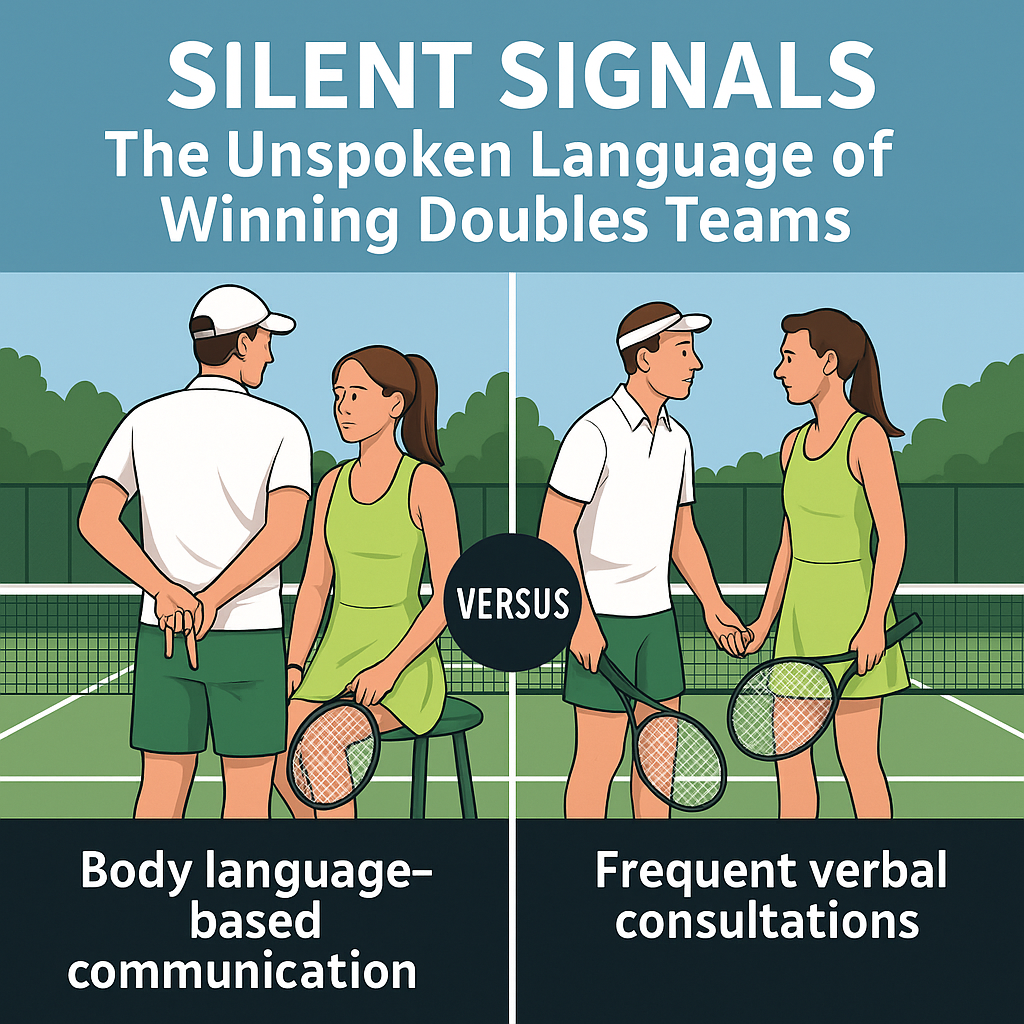Grunt with Purpose: The Mental and Physical Science Behind Tennis Grunting
In the world of tennis, few topics generate more debate—or decibels—than grunting. For some, it’s an annoying on-court habit. For others, it’s an essential weapon in their performance toolkit. Love it or loathe it, grunting is far more than just noise—it’s a window into an athlete’s breathing, rhythm, power, and focus.









